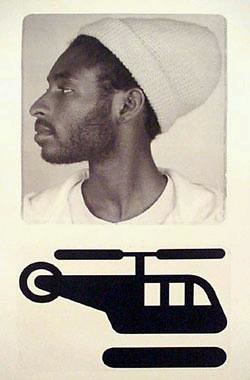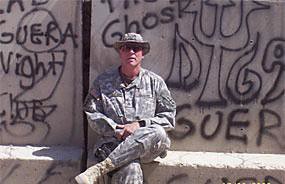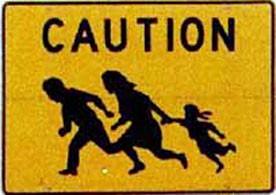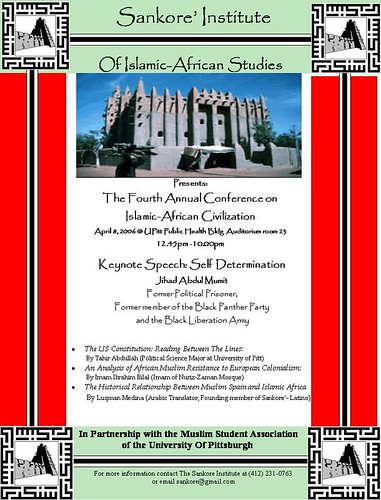Michael Ealy stars as an African-American Muslim FBI agent who is working undercover in a terrorist cell. I think the premise had a lot of promise, and the show is entertaining so far. It has its interesting bits. But to be honest, I'm not totally geeked about the series.
DON'T READ FURTHER IF YOU PLAN TO SEE THE SERIES
Simply by virtue of having to tell a story over a long period of time about a small central cast, the writers had to flesh out the Muslim characters and give them different backstories. So it's portrayal of Muslims almost couldn't help but be more humane and realistic than the typical stock terrorist villan which usually populates this type of story. The terrorist cell consists of: A Bosnian who saw his entire family being butchered by Serbs. An ex-skinhead from France who found Islam through his Morroccan wife. A young white American with liberal parents (clearly modelled on John Walker Lindh). The head of the cell is Saudi (Although for most of the series, his background is not specified, and during work hours he passes as a Sephardic Jew. This character is by far the most cartoonish).
In general, most of the Muslim characters are portrayed as deeply conflicted and contradictory in matters of religion. From the very first episode, we see the members of the cell hanging out in strip clubs, drinking. We find that they raise funds by dealing in heroin, child prostitution and pirated DVDs. The French Muslim is married but commits adultery with little restraint (At one point, he has sex with the mother of one of the other terror cell members).
We even see the "good" Muslim FBI agent order (and presumably drink) beer in a bar as a part of an assignment given to him by the terror cell. On top of that (and this takes us into a whole other level of issues) the "good" successful Black Muslim FBI agent also starts a sexual relationship with a white Catholic beautician (a "single" mother who later turns out to be married). We later meet one of his former girlfriends, an African-American women with a successful career in the State Department but we are never told explicitly why their relationship didn't work out.
Another level of contradiction appears when the members of the cell actually kill a genuine mujahid. In fact, pretty much all the pious (non-terrorist, non-drinking, non-fornicating) Muslim characters of any significance (a mainstream Yemeni scholar, a white American who fought to defend Muslims in Bosnia, a young Afghan boy who spent time in Guantanamo) end up dead by the end of whatever episode focuses on them. It makes it seem as if the "subliminal" message behind the series is: Compromise or die.
As I said in the beginning, this is definitely better than most Hollywood portrayals of Muslims (e.g. see Planet of the Arabs). And it is definitely a huge step to have a television series with an African-American Muslim lead character, and with actual Muslims involved both in front of and behind the camera. At the same time, there is definitely room for improvement.





